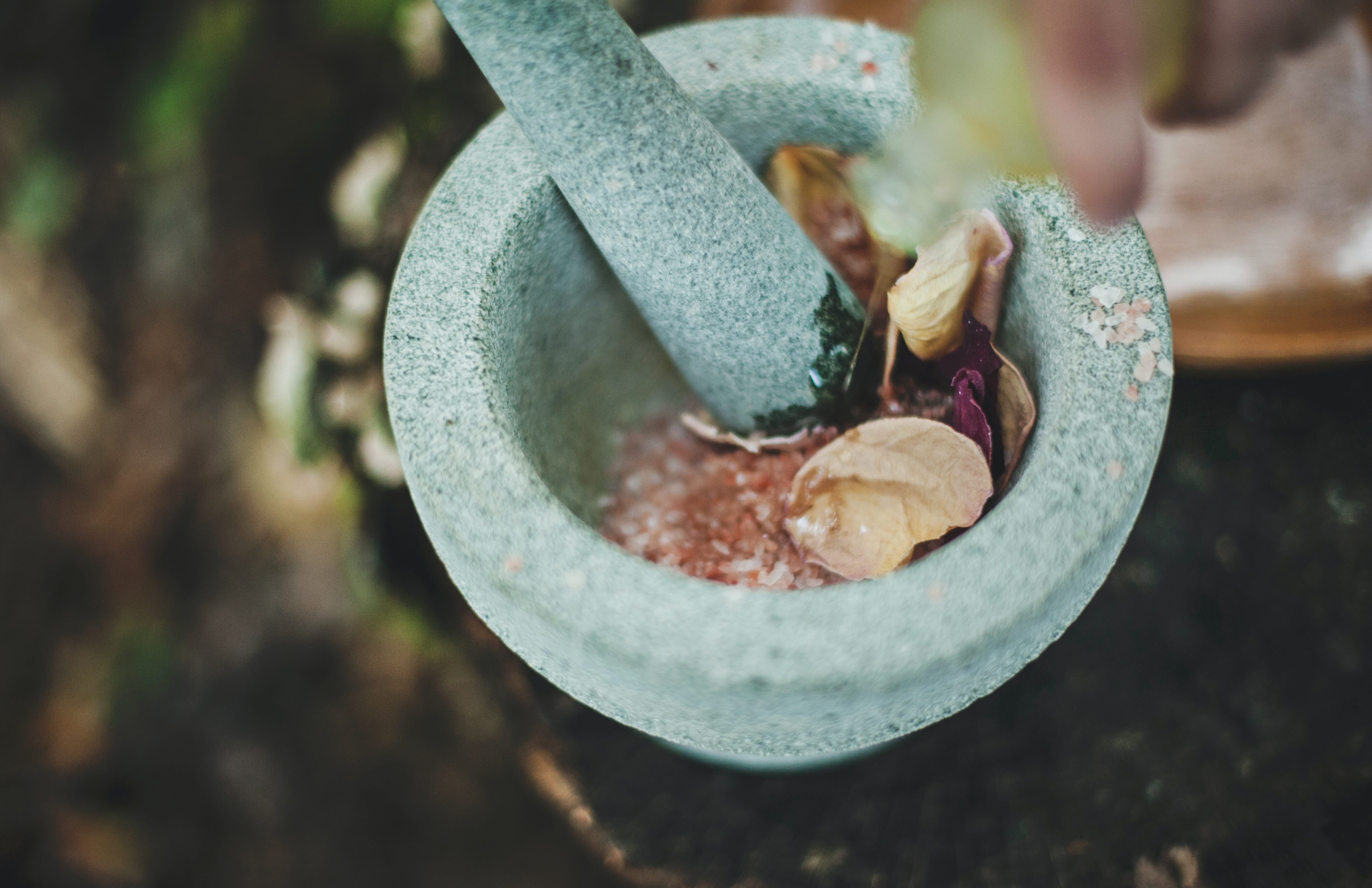
Martha by Julia Park Tracey
Mistress of the house, they called me, so I was
wed to my home from birth.
No festivals for me, nor wedding nor feast,
just the labor of the kitchen, the dusty floors
while my brother played,
my sister prayed.
I broke nails and teeth on chores, chafed my knees,
bent my back to scrub sheets white,
to brush red earth from the dooryard.
Eleazar sickened and died, but
the Master brought him back. So Miryam
followed them both, worshipful,
mesmerized, and when I dared to object,
The Master rebuked me, sent me back
to the fireside, to make a ministry
of what I’d been doing since I could walk.
I wielded ladle and broom, mulled wine,
shaped loaves, held the keys to the store cupboard.
I knew how to steep rose petals and toast spices,
which herbs for healing and which for a purge.
When at last Eleazar and Miryam,
who would starve without me,
took me on the long journey to Gaul,
to cook their meat and bind their blisters,
they were stupefied when the Devil appeared as a serpent—
so I, plain Martha, slew that dragon with a sprinkle of
my hallowed waters
and we supped on it that night.